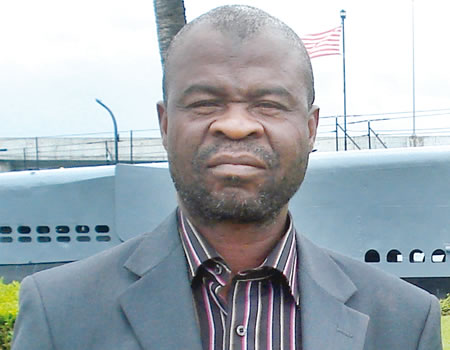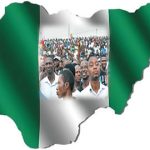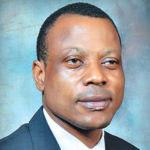What is international Literacy Day all about?
International Literacy Day was conceptualised in 1966 by the United Nations Educational Scientific and Cultural Organisation (UNESCO) with a vision to promote, advance and popularise Literacy activities worldwide. At that time, illiteracy rate was on the increase to the extent that it affected human and national development. This was one of the reasons UNESCO engaged itself in mobilising people on the need to concentrate on literacy promotion among people in every country in the world.
Literacy means ability to read, write and calculate. It also extends to Information Communication Technology compliance; the effective use of cell phones and other communication appliances to relate with others in business world. The ultimate is to have functional literacy education when people have the ability to read, write and also able to apply what they read.
Where does Nigeria stand in literacy education development?
In 1960, UNESCO identified the University of Ibadan as a centre for literacy promotion in Nigeria. It was functional literacy, focusing on trade and vocational education, aside reading and writing abilities.
The effort of Nigeria in literacy education is highly commendable, although there is still much to be done. Presently, the literacy rate in Nigeria can be put at 58 per cent. There had been several efforts in literacy education development process by successive governments at the federal level with different mass education agencies being established to promote literacy education, but lack of fund has made those centres ineffective.
However, there are still about 60 million illiterate people in Nigeria. No nation can grow beyond the level of its functional literate education attainment. For Nigeria to move forward in its bid to achieve the sustainable development goals, it will require diversion of fund to literacy activity and basic education development across the country. I want to use this International Literacy Day celebration opportunity to appeal to Nigerians home and in Diaspora, corporate bodies, Christian and Muslim communities, royal fathers as well as individual philanthropists in the society to support the development of literacy education process in the country. The development would go a long way to produce self-sustained and productive citizens and would as well develop nation with an improved economy and political sanity. So, literacy education remains an essential tool to control violence, epidemic incidence tendency and also to boost Gross Domestic Product (GDP)
How does literacy education curriculum differ from the basic one?
Curriculum for literacy education is flexible; it is developed according to learners’ needs. For instance, curriculum for drivers and other road users will be based on the use of roads, road signs and vehicle maintenance, while Fulani’s herdsmen and farmers’ literacy education will dwell more on peaceful co-existence education aside reading , writing and professional business management skills.
How do you think government can invest in literacy education?
For Nigeria to move forward in its economic and political development process, the federal government may need to release adequate fund to empower the literacy and basic education agencies in the country so as to increase access to literacy education in the society, while the entire society will contribute its quota to ensure literacy education is sustained in their domains.
For instance, the Universal Basic Education Commission (UBEC) was established to take care of basic education development in the country; the National Mass Education Commission (NMEC) was saddled with the responsibility to ensure the development of literacy education in the country, while the National Commission for Nomadic Education (NCNE) came on board to provide functional literacy education for nomads in the country. These agencies should be funded independently and adequately as well. The achievement of Nigeria in the Sustainable Development Goals and Education for All programme lies in the adequate funding of these agencies. Though these agencies are parallel organisations that require separate funding with effective monitoring, they should work together to ensure mass literacy education development in the country.
How is this year’s International Literacy Day going to be celebrated?
People from government, education and business circles across the globe will assemble in Paris to mark the event on September8, 2018. In Nigeria, Trenchard Hall and the Department of Adult Education, University of Ibadan, will play host to distinguished fellow Nigerians drawn from different sectors in the country for a symposium based on a theme: ‘Literacy and Skills Development in Nigeria’. Different papers are expected to be presented on the way forward as regards literacy education and life development skills.






